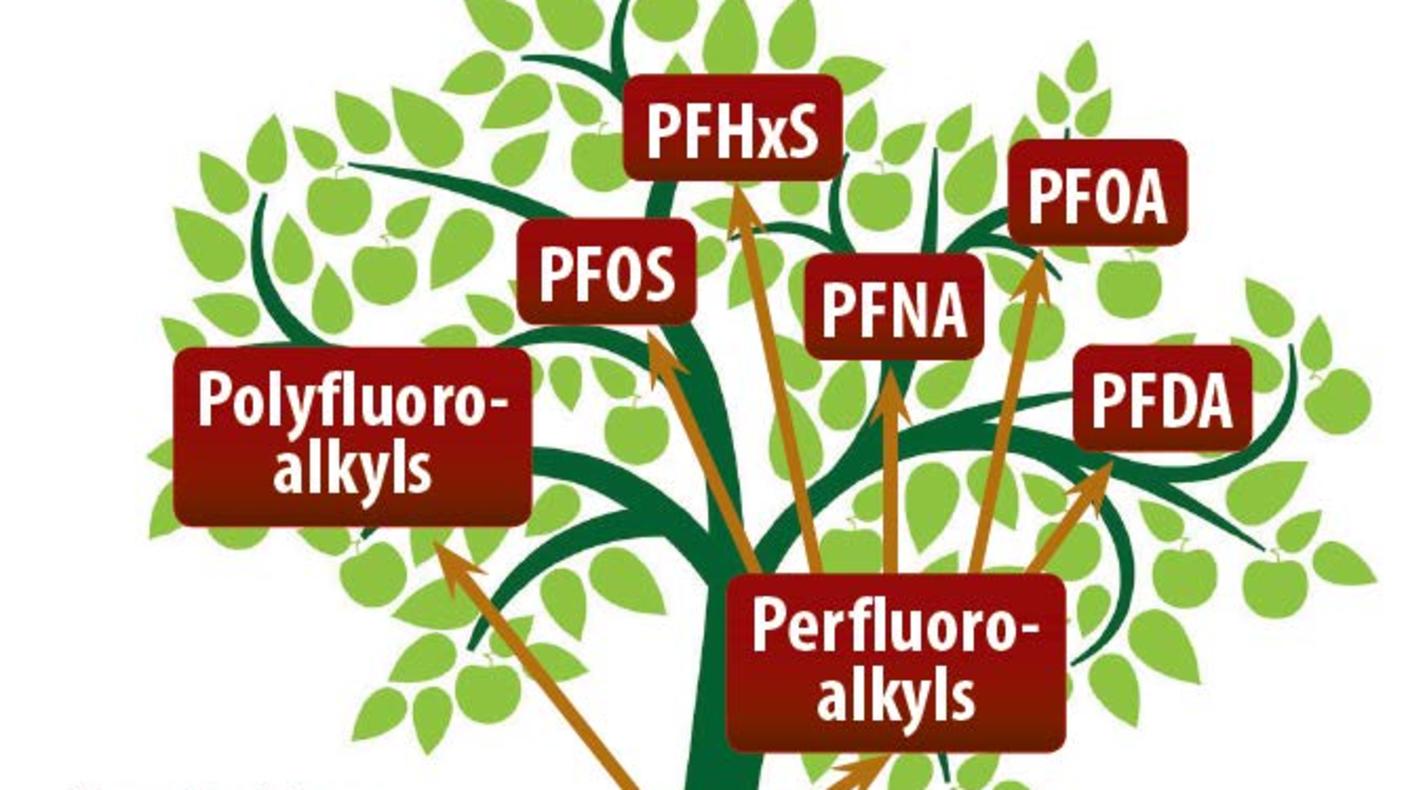Overview
Childhood leukemia is the most common type of childhood cancer, and its etiology is not well understood. Leukemia, a blood cancer that begins in the bone marrow, is characterized by large numbers of abnormal blood cells that are produced and then enter the bloodstream.
DCEG researchers are investigating novel molecular biomarkers and potential risk factors.
Background & Purpose
In the U.S., the rate of new cases of childhood leukemia is about 4.8 per 100,000 children per year: about a quarter of all new childhood cancer cases. While treatment advances have improved survival, its etiology is still not well understood.
Leukemia is a heterogenous collection of malignancies which seem to have different etiologies. DCEG researchers are investigating novel molecular biomarkers for childhood leukemia, as well as investigating potential risk factors. Below is a list of those projects.
For more about incidence and mortality data for childhood leukemia, visit the Cancer Stat Facts for Childhood Leukemia from NCI SEER.
Research Studies by Focus Area
Below is the DCEG portfolio on the etiology of childhood leukemia organized by research approach or exposure.
Environment
Study of Childhood Leukemia and Environmental Pesticide and Other Chemical Exposures in California
A population-based case-control study of childhood leukemia in the San Francisco Bay area and the agricultural Central Valley. Principal Investigator: Rena Jones in the Occupational and Environmental Epidemiology Branch (OEEB)
Perinatal Exposures and Pediatric Leukemia Risk
A population-based study of exposures to PFAS and POPs during pregnancy and risk of childhood acute lymphocytic leukemia. Investigators are using data from the Finnish Maternity Cohort to conduct a nested case-control study. Principal Investigators: Dr. Jones, OEEB
Medical Exposures
Second Primary Cancers Arising Among Cancer Survivors
Second primary cancers have been associated with cancer treatments; lifestyle, environmental, and medical history factors; and genetic susceptibility. Principal Investigator: Lindsay Morton, REB
Childhood Cancer Survivor Study (CCSS)
A study of genetic susceptibility to radiotherapy-related second cancers among survivors of childhood cancer, including leukemias. Principal Investigator: Dr. Morton, REB
Germline Genetics
Inherited Bone Marrow Failure Syndromes (IBMFS)
A study of inherited bone marrow failure syndromes (IBMFS), a group of rare genetic blood disorders that include Fanconi Anemia, Dyskeratosis Congenita and related Telomere Biology Disorders, Diamond-Blackfan Anemia, Shwachman-Diamond Syndrome, and other rare disorders. Principal Investigators: Lisa McReynolds and Neelam Giri in the Clinical Genetics Branch (CGB)
Li-Fraumeni Syndrome Study
A clinical study and multi-institutional collaboration for research on Li-Fraumeni Syndrome. Principal Investigator: Payal Khincha, CGB
Biomarkers
Hematopoietic Stem Cell Transplantation and Risks of Second Cancers
REB investigators are evaluating risk factors for new solid malignancies and post-transplant lymphoproliferative disorders among allogeneic hematopoietic stem cell transplantation recipients, including patients who received a transplant as part of their treatment for leukemia. Principal Investigator: Dr. Morton, REB
Laboratory of Genetic Susceptibility
The Laboratory of Genetic Susceptibility performs interdisciplinary research on cancer genetics and susceptibility. Principal Investigator: Stephen Chanock
Predictors of Outcomes after Allogeneic Hematopoietic Cell Transplantation
Studies of predictive biomarkers of clinical outcomes in patients receiving allogeneic hematopoietic cell transplantation. Principal Investigator: Shahinaz Gadalla, CGB
Methods Development
Radiation Dosimetry Research to Support Epidemiological Studies of Radiation-Exposed Populations
Investigators in the REB Dosimetry Unit develop new and refining existing methods to achieve more accurate dose estimates for pediatric populations, as well as quantifying and incorporating related uncertainties. Principal Investigator: Choonsik Lee, REB

